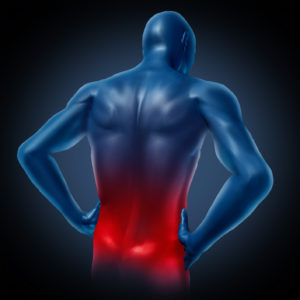
In Hardlannert v. Illinois Central Railroad Company, No. 1-09-1291 (April 19, 2010) Cook Co., 1st Div., the plaintiff, a railroad conductor, was injured on the job when he attempted to open a train knuckle, which is the device that allows railcars to be coupled. He filed suit under the Federal Employer’s Liability Act (FELA) (45 U.S.C. §51 through 60 (2000)) and the Federal Safety Appliance Act (FSAA) (49 U.S.C. §20301 et seq. (2000)), alleging that the train knuckle was defective and that the defect caused his back injury.
The defendant did not dispute that the train knuckle was defective, but nevertheless made a motion for partial summary judgment. The motion was based upon the defendant’s assertion that the FSAA didn’t apply since railcar was not “in use”, as required by the FSAA, or alternatively, that the plaintiff’s injury was caused by his own negligence.
The court rejected the defendant’s arguments and concluded that the trial court properly denied the motion for summary judgment:
(N)o question of material fact is raised that Hardlannert acted negligently while attempting to open the connecting knuckle of railcar WC 84867…The defective condition of the connecting knuckle constituted a violation of the FSAA by Illinois Central…(and) no reasonable jury could find his negligence to be the sole cause of his back injury because the defective condition of the pin lifter to the knuckle of railcar WC 84867 is causally related to Hardlannert’s injury. Further, because the coupling provision of the FSAA applies to the unit of equipment at issue in this case, an individual railcar, railcar WC 84867 was “in use” at the time of the incident.
This decision rightly allowed the lawsuit to go forward so that a jury could determine the issue of whether the employer’s negligence caused the plaintiff’s debilitating back injury.
Howard Ankin of Ankin Law (www.ankinlaw.com) handles workers’ compensation and personal injury cases. Mr. Ankin can be reached at (312) 346-8780 and howard@ankinlaw.com.


